(April 6, 2023) Roopal Pilani is an entrepreneur with a magic touch. From setting up a successful event management company in the ’90s to taking on the responsibility of working night shifts at her husband’s factory, which ensured higher productivity, to acquiring a chain of hotels in the UK and investing in startups which are doing well — success follows her everywhere.
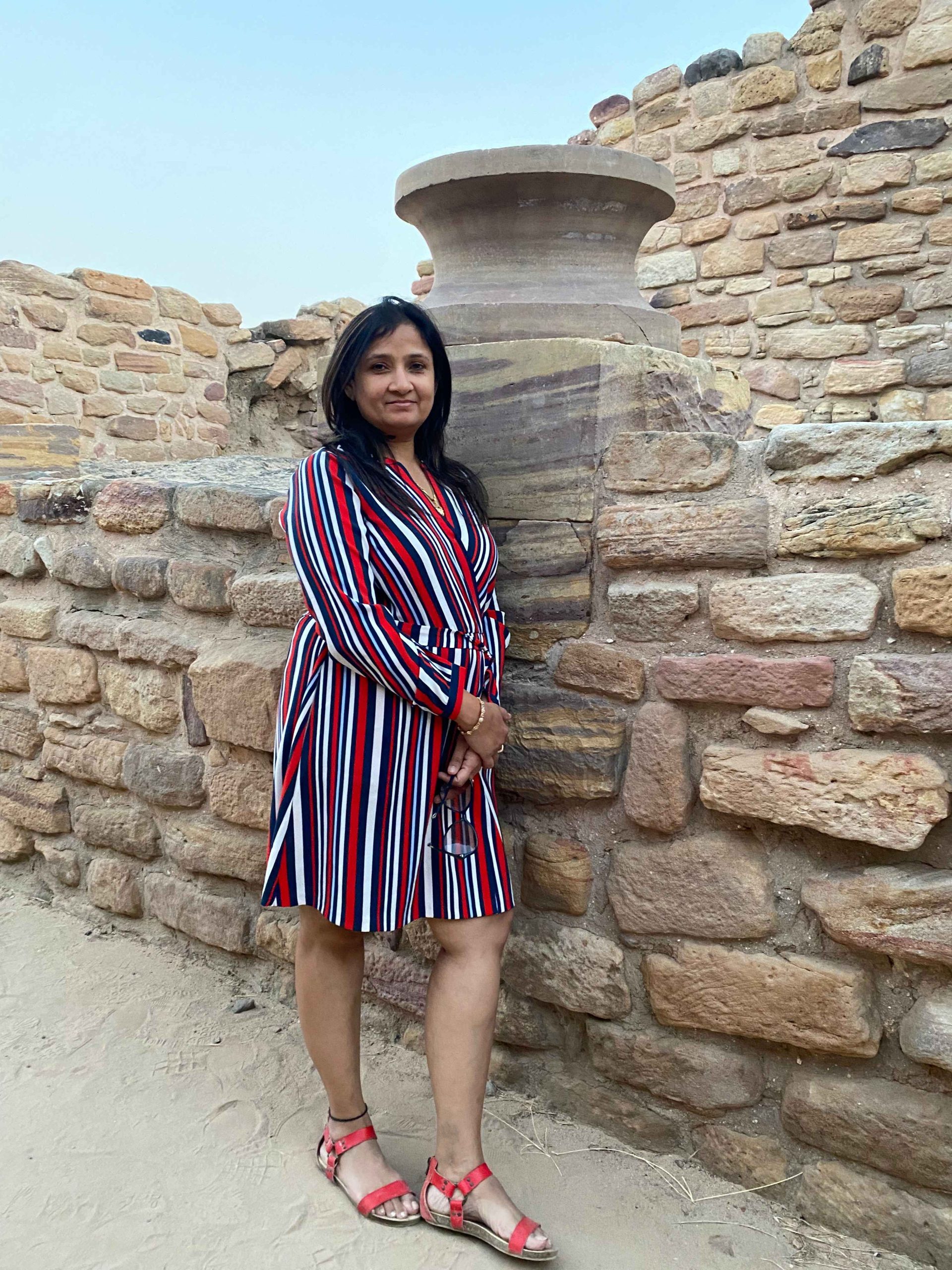
“Family comes first for me, everything else comes later,” smiles the entrepreneur as she takes out time to chat with Global Indian during a family holiday in Rishikesh, where she has been kayaking and doing aerial yoga.
Becoming a hotel magnate
It was in 2010 that she acquired her first hotel, The Makeney Hall at Derby, UK, after much due diligence. “It was refurbished to meet the highest standards in the ever-competitive industry. Our relentless efforts and the right business moves paid off,” says Roopal. The Makeney Hall is now among the top hotels in the region, which is a matter of immense pride for her entire team.
View this post on Instagram
The success of her first hotel propelled the entrepreneur into acquiring Malden Hall Student Accommodation in London in 2014, The Lace Market Hotel in Nottingham in 2015, Empire Filling Station, The Georgian Hollies Hotel Blackpool in 2020 and The Lawton and Beechfield Hotels in 2022. “My elder daughter Diya helps me with the UK businesses. I intervene only when it is required,” says Roopal, whose younger daughter Krishna is in Grade 10 at Woodstock School in Mussoorie.
Natural-born businesswoman
Born in Mumbai in October 1974, her family moved to Hyderabad, the city Roopal calls home. “I was the middle child and most pampered,” recalls Roopal, who did her schooling from St Ann’s High school. “I was thoroughly a teacher’s pet,” she says of her student days.
Roopal then went to Kasturba Gandhi College and graduated with a degree in Commerce. “I was introduced to the nuances of book keeping by my father at our Industrial goods store. This was where I began to appreciate what really went into running an establishment,” says Roopal, who belongs to a Gujarati Brahmin family. When she turned 19, Roopal decided to marry her high school sweetheart Uday, completing her degree after the wedding. “Besides studying economics, commerce and civics, I had taken up painting and arts in my free time. Back then, I was not quite decided on what sort of business I wanted to explore,” says the entrepreneur.
The launch of Jalwa
In the late 1990s, when the party scene was just picking up, she threw the biggest millennium party in Hyderabad, which was a hugely successful event. “We then set up an event management company — Jalwa in 1999. It quickly gained market share and rose to become a pioneer in brand building, store promotions, rock shows, theme nights and much more,” she says.
going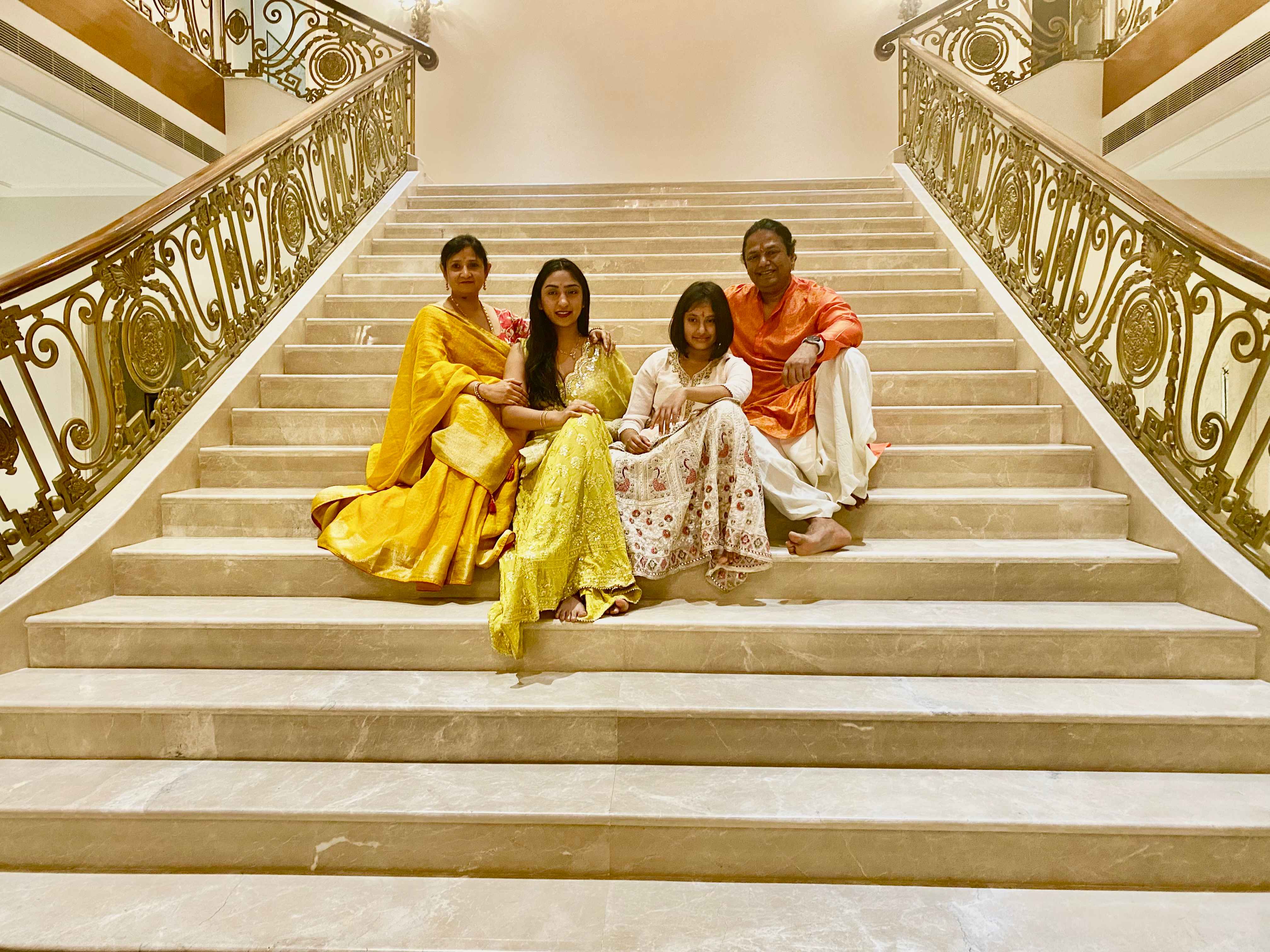
At Jalwa, the Pilanis were doing everything, from corporate events for Coke, Pepsi and GE to landmark parties. “Events kept happening throughout the year, non-stop. We got busier curating the events (sometimes, round-the-clock!) to make it the best. It earned us trust and respect. The experiences taught me everything that I needed to know about how to run a business successfully and take risks all along,” says the entrepreneur.
Africa calling
In 2002, the Pilanis moved to Nigeria, where Uday set up a Mosquito Coil unit in Kano. “Uday’s family has a long history with Nigeria and therefore we decided to move,” she informs. Four years later, the business was going through a tough phase. Roopal took the responsibility of managing the factory during the more challenging night shift, and even ensured higher productivity than the day shift. “We had a 24/7 operation with 150 employees enabling an end-to-end production,” says the entrepreneur, for whom those were the most challenging years of her life. It forced her to dig deep within herself to find the strength and build tenacity.
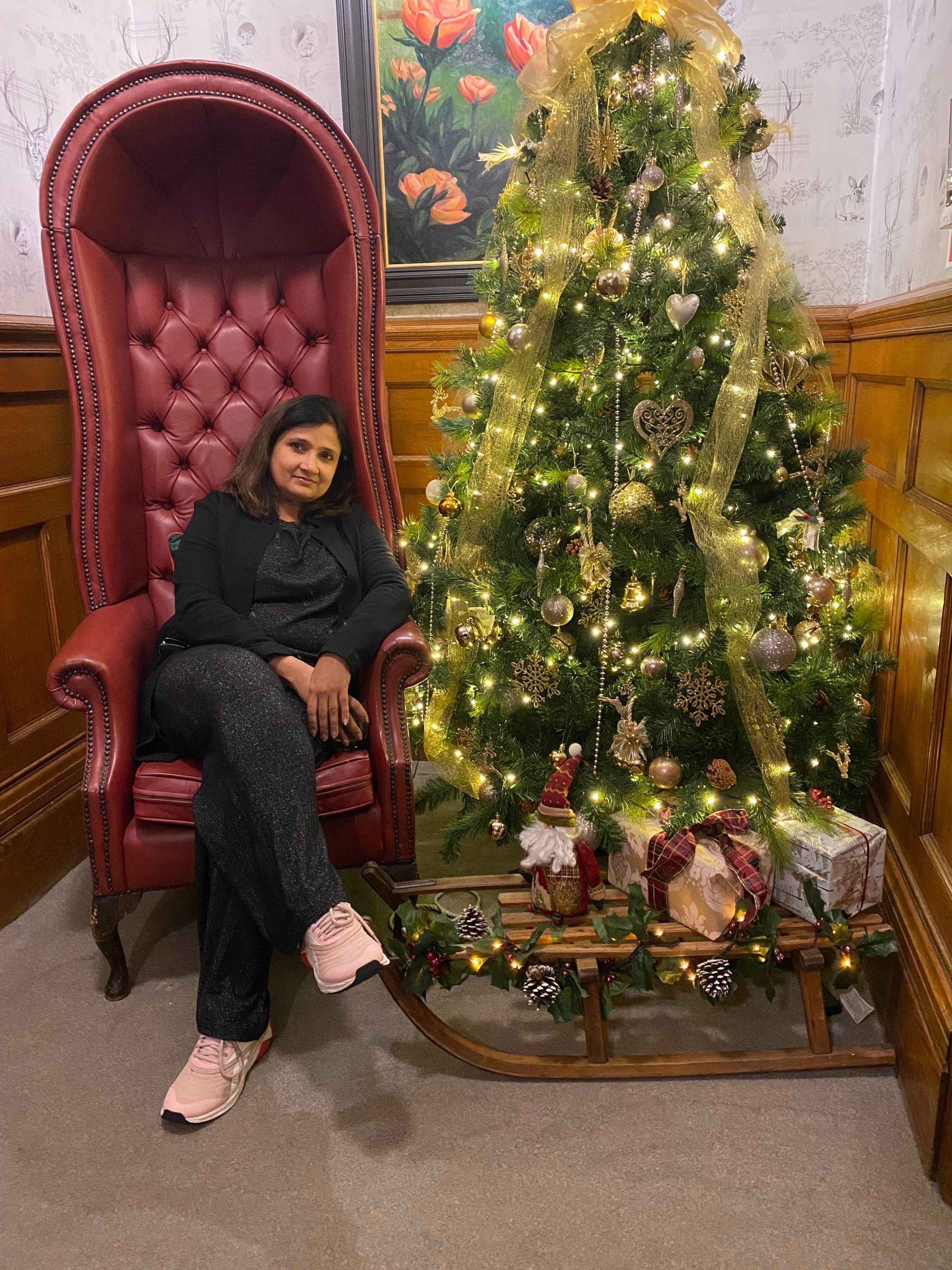
In 2009, the factory having been sold, the family shifted base to Benin in Southern Nigeria, where her husband took up a job as the Managing Director of a large multinational company producing palm oil. “We were surrounded by thousands of hectares of green fields, splendid weather and a small zoo. It was paradise, and my children spent their time in nature, uninterrupted by the hassles of technology. They rode horses and caught scorpions,” she smiles.
Around that time, Roopal decided that the family must have a secure sustainable income – but this kind of financial stability was more likely to be found in a developed country. “Moreover, I had taken my break and was itching to get back to work. The UK was a good option and it was a favourable time to invest. It was a short flight from Nigeria,” says Roopal.
Business in the UK
Thereafter, the entrepreneur went on a hotel buying spree in the UK. “I moved to London with my daughters while Uday made frequent trips from Nigeria. We had an exciting progression to give hotels,” informs Roopal, who is now mentoring her elder daughter as she learns the ropes. Roopal didn’t stop there. She went on to invest in Invente Innovation Labs in India which does staff augmentation for businesses, sales and growth consultants RyzeUP Inc USA, and Wowsome XR in UK, a media company. “Tech is the future, so we invest in companies which are making cutting edge advancements in virtual and augmented reality, AI and gamification,” informs the entrepreneur, who has also invested in a long line of startups.
Giving back
Philanthropy work keeps Roopal busy too as giving back is a top priority for her. “Sponsoring initiatives linked to women empowerment, child health and literacy gives me a sense of satisfaction,” says the entrepreneur. She is a member of the Arch Klump Society, which is Rotary’s highest tier of Donors. She has donated USD 250,000 given to various causes from her personal account.
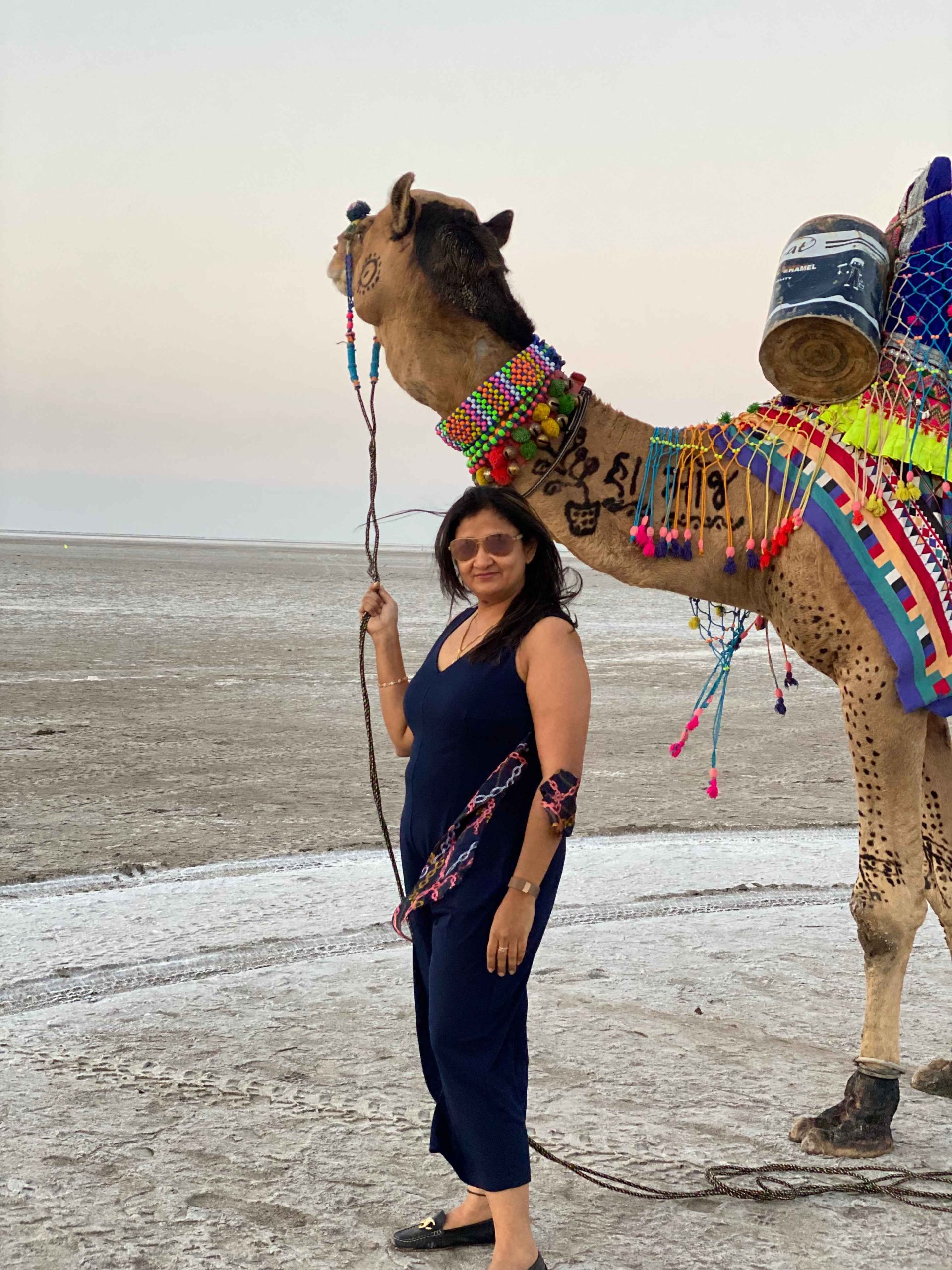
Now that her investments are taking care of themselves and business is good, Roopal likes to spend time with her family. “We now spend our days doing what we like. A few rallies a year, endless travelling and road trips. Family workouts are a must,” smiles Roopal, who watches Shark Tank and action movies post dinner.
- Follow Roopal Pilani on LinkedIn


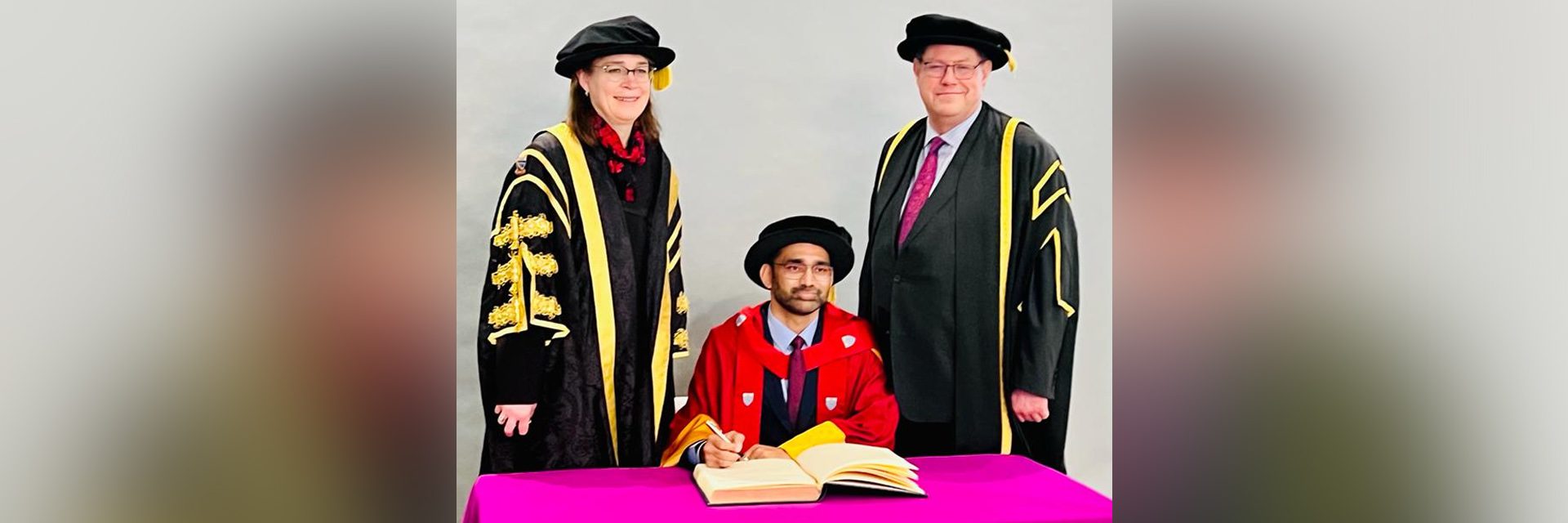
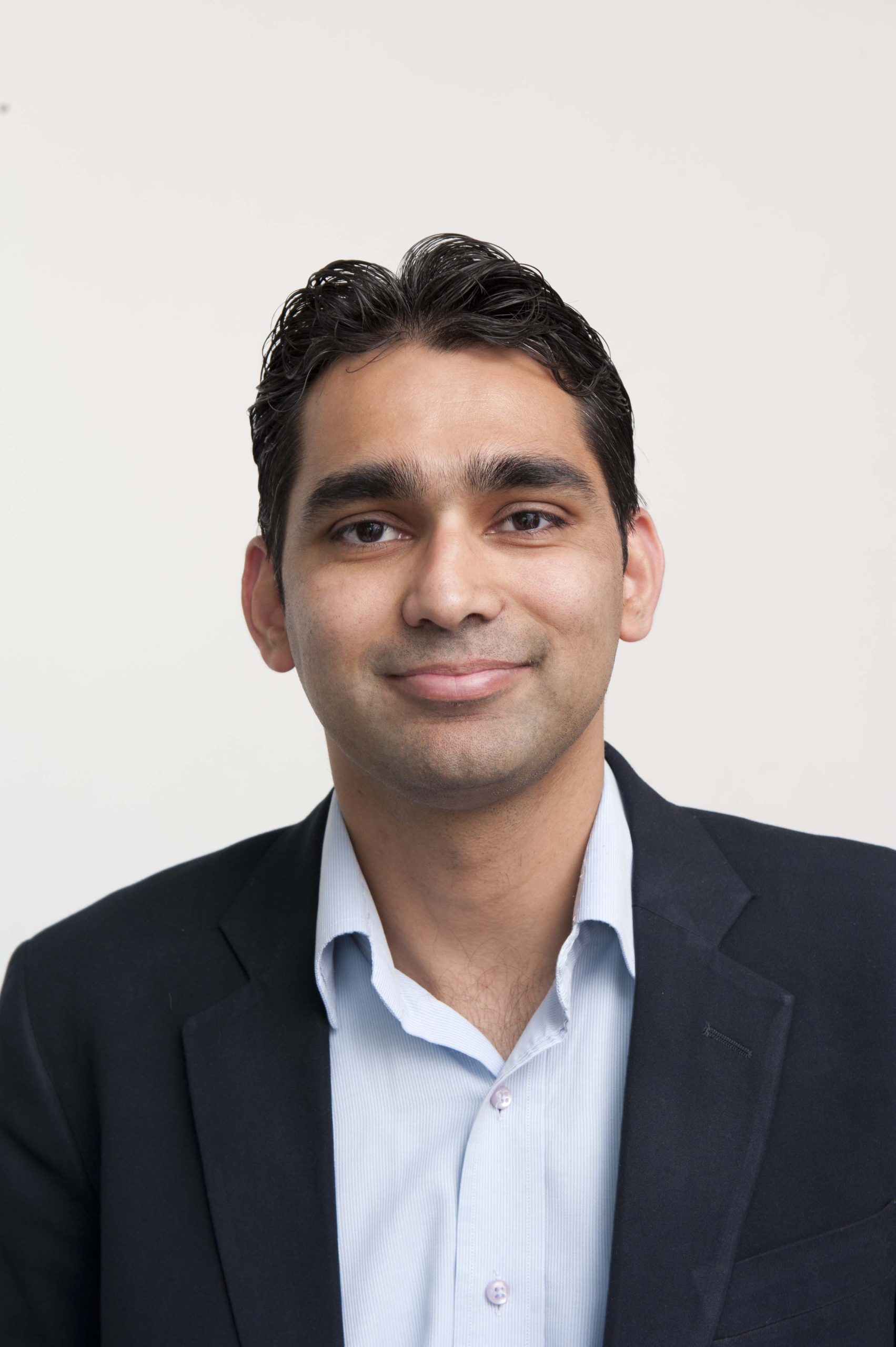 Gaurav Brahmbhatt[/caption]
Gaurav Brahmbhatt[/caption]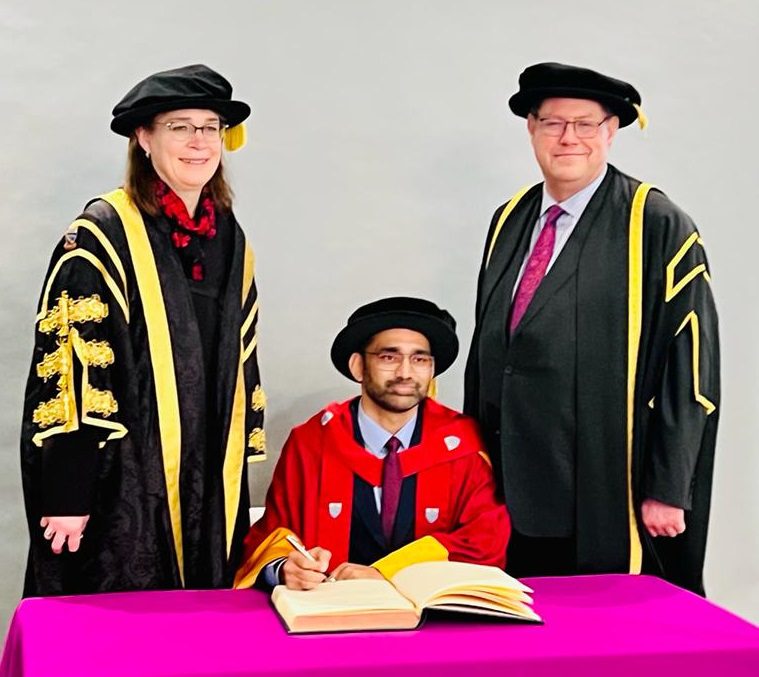 Gaurav receives his honorary degree from Aston University[/caption]
Gaurav receives his honorary degree from Aston University[/caption]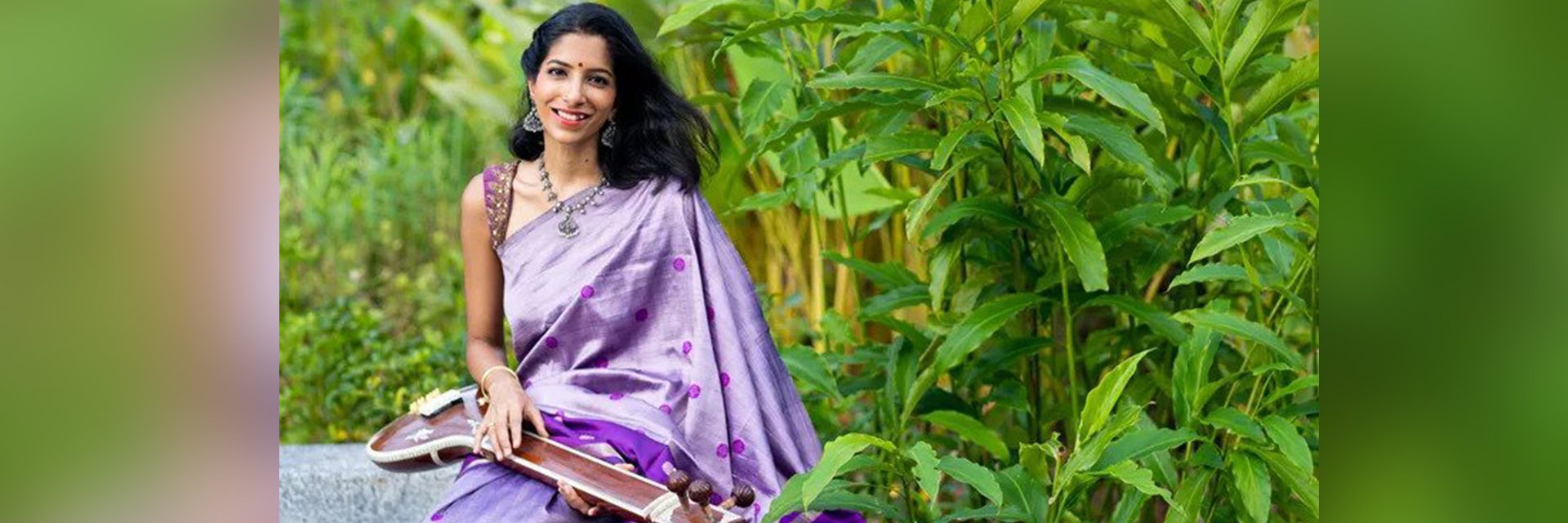
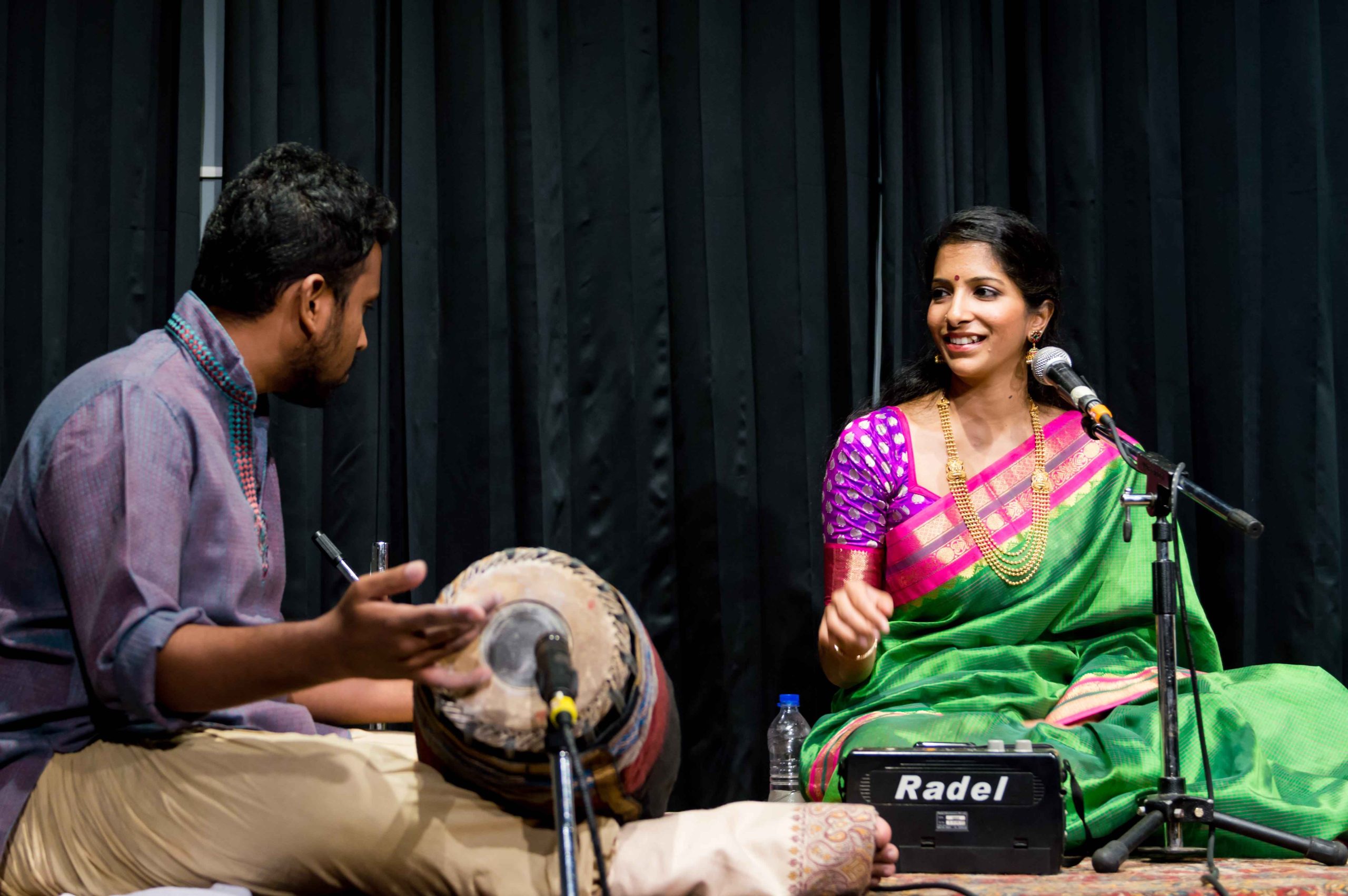 Sushma during 2017 Wandering Artist concert[/caption]
Sushma during 2017 Wandering Artist concert[/caption]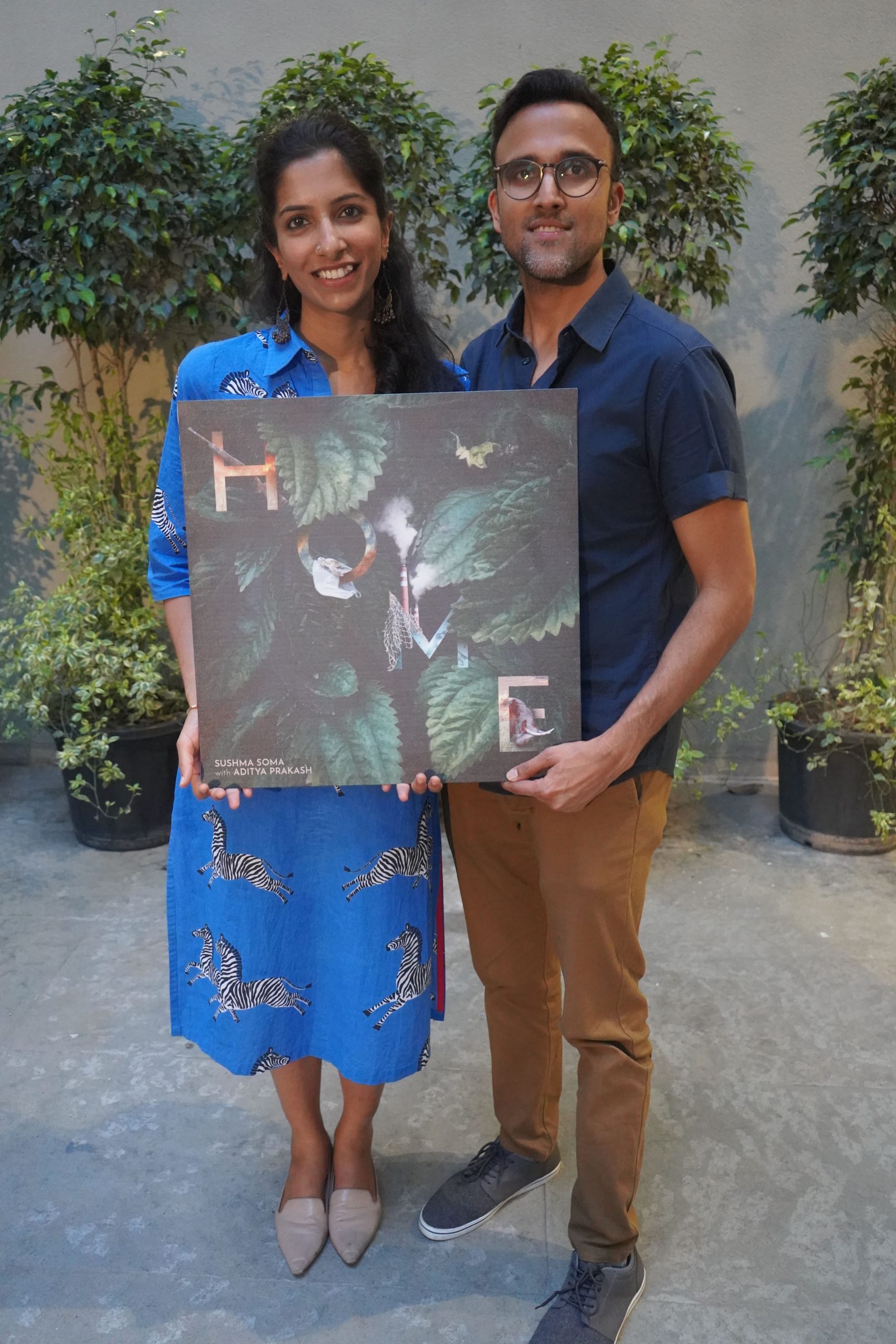 Sushma with her co-creator and best friend, Aditya Prakash[/caption]
Sushma with her co-creator and best friend, Aditya Prakash[/caption]

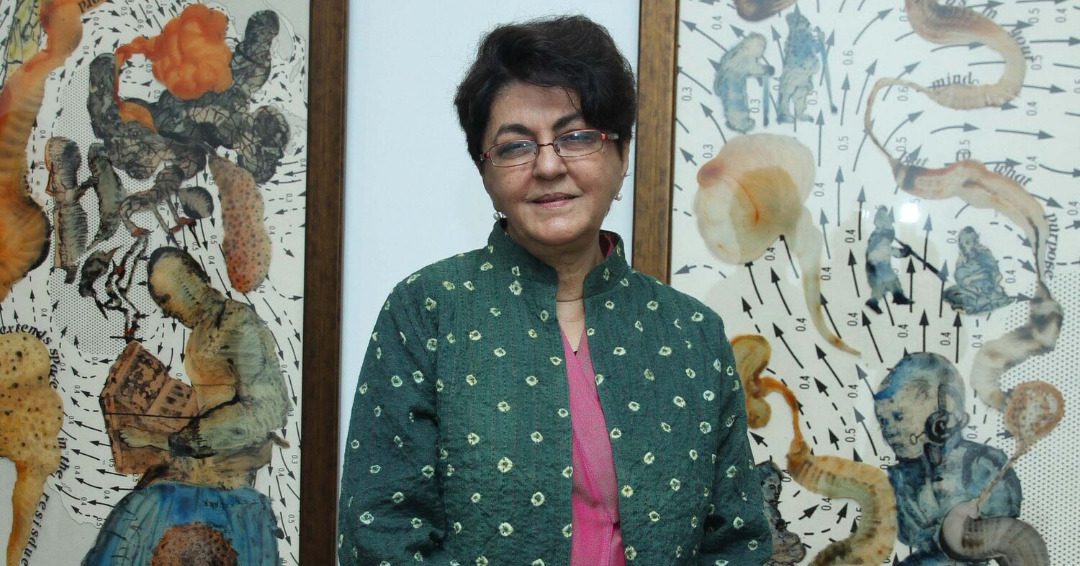 Nalini Malani[/caption]
Nalini Malani[/caption]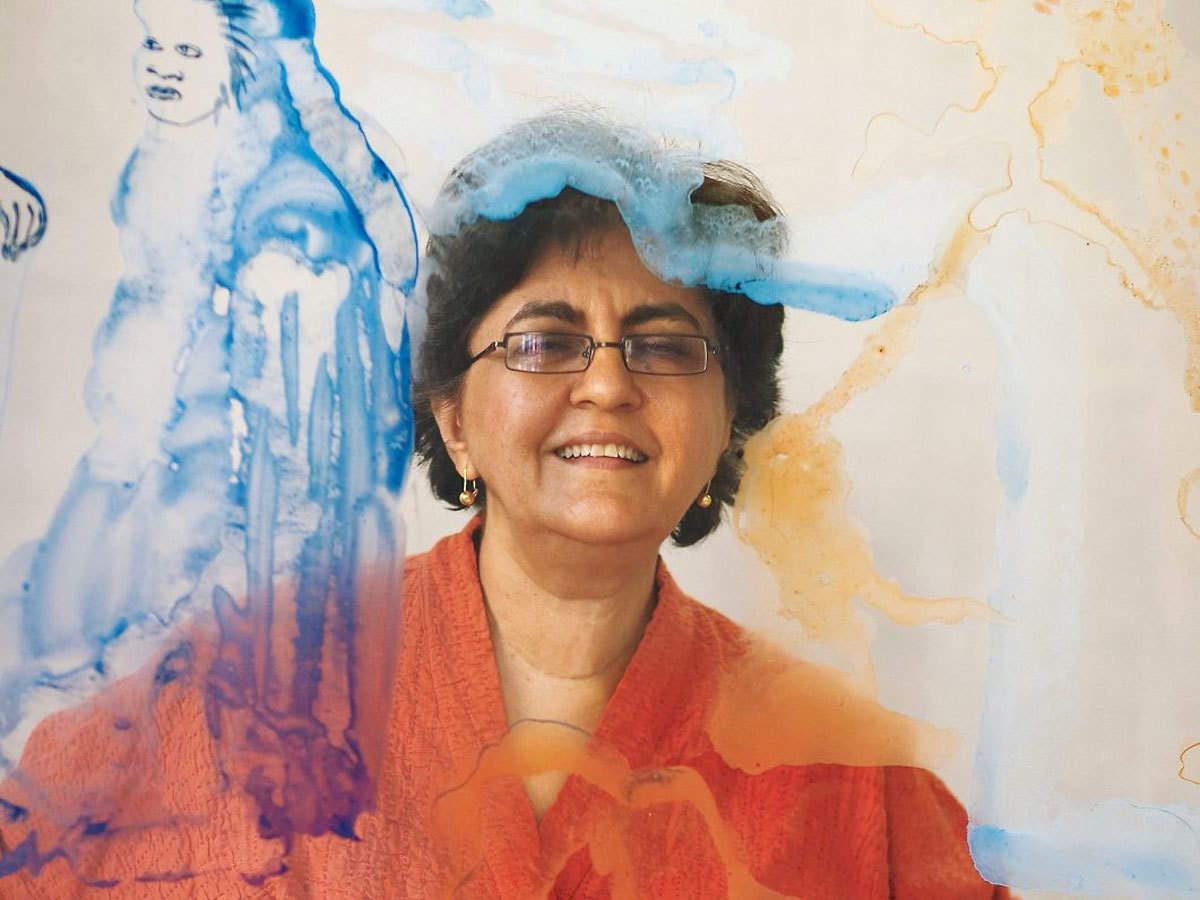

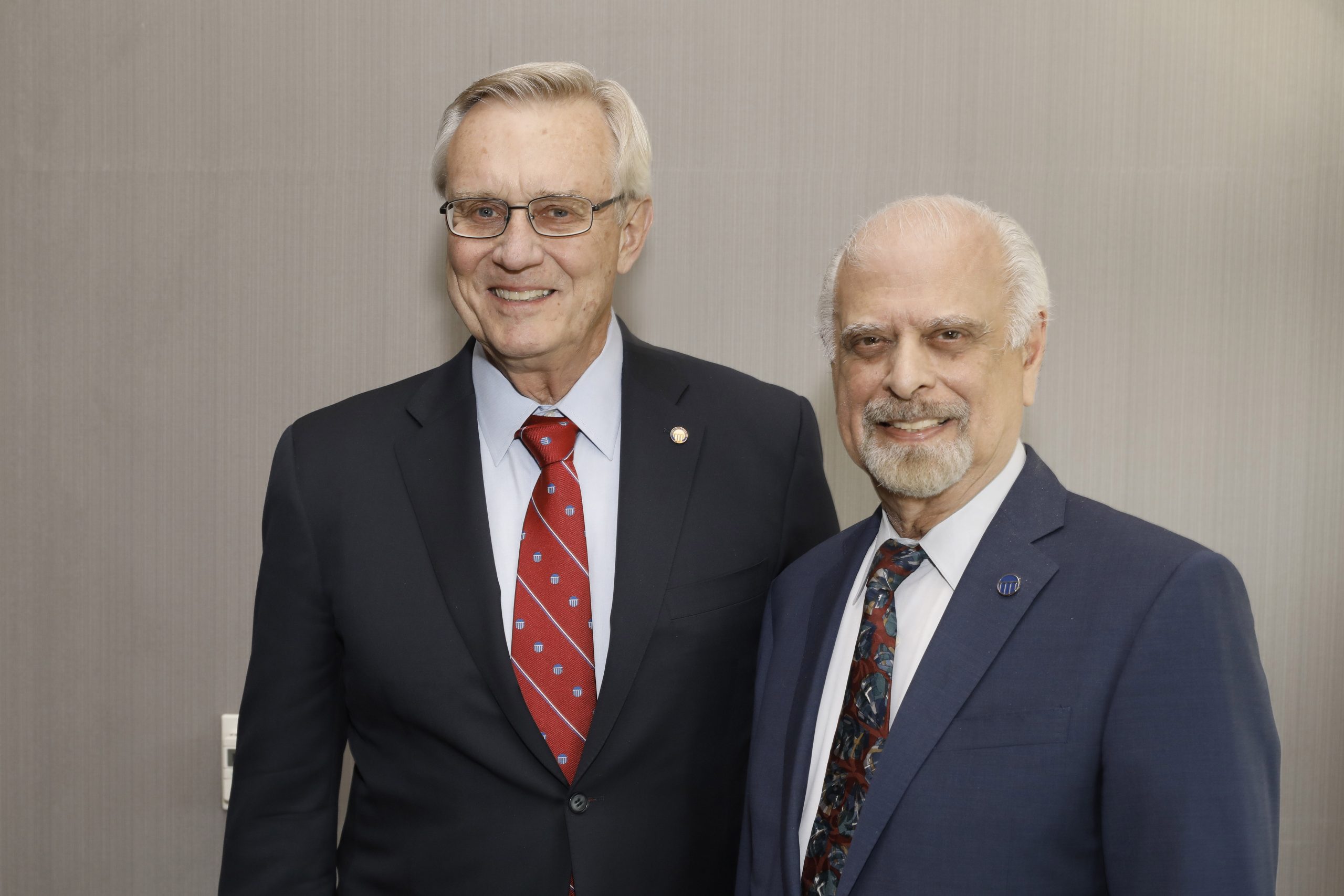 Dr. Madni with the President of the National Academy of Engineering[/caption]
Dr. Madni with the President of the National Academy of Engineering[/caption]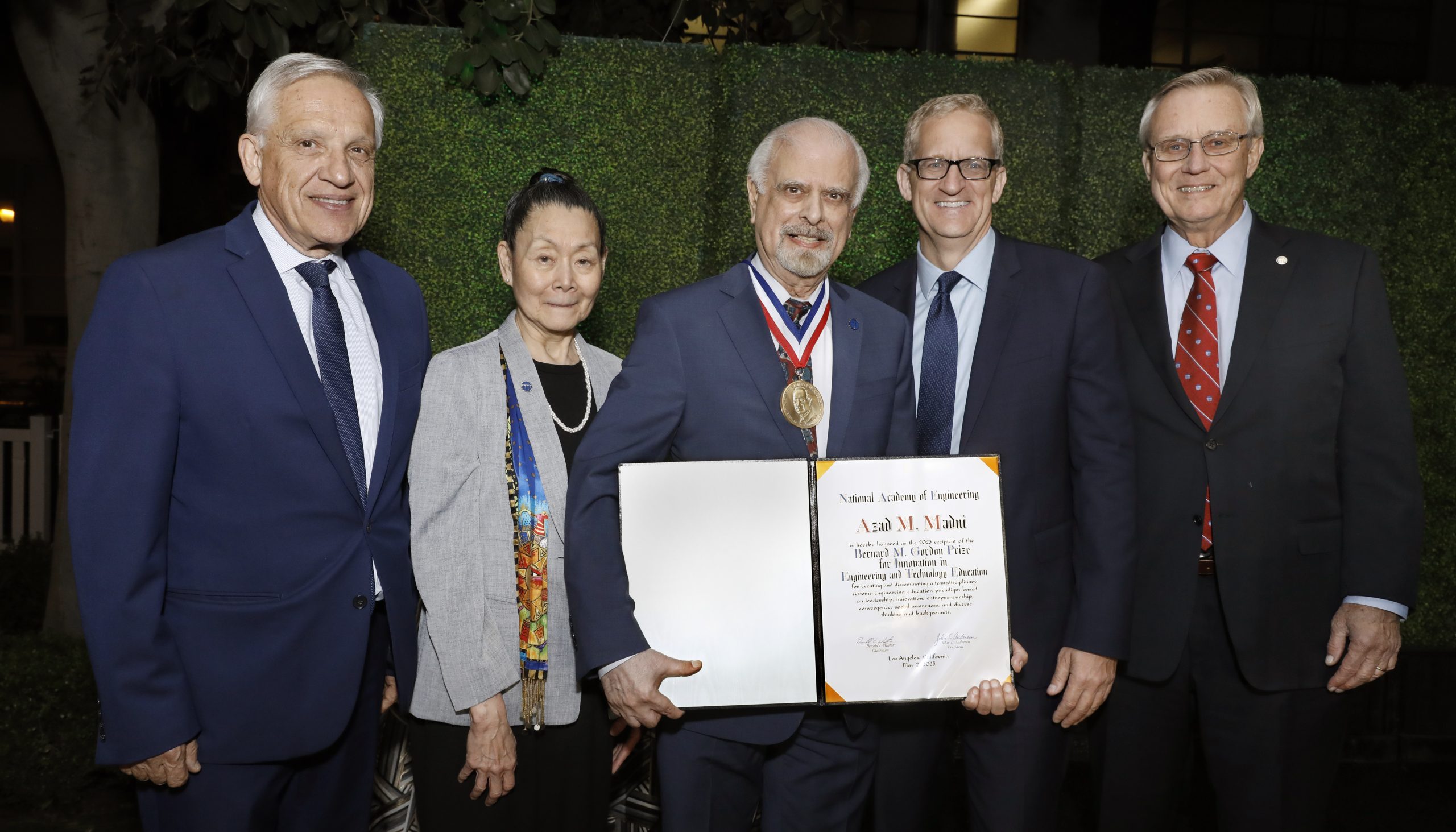 Dr. Madni accepting the prestigious Bernard M. Gordon Prize[/caption]
Dr. Madni accepting the prestigious Bernard M. Gordon Prize[/caption]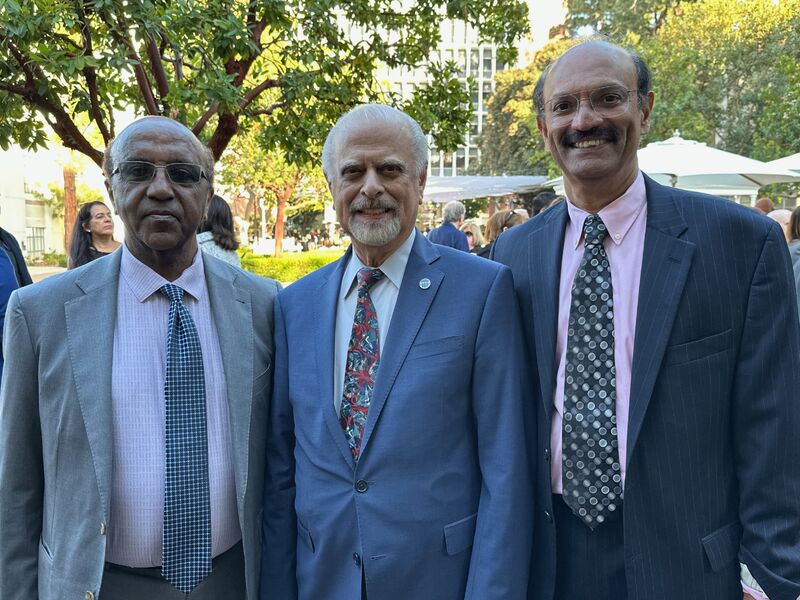 Dr. Madni with his colleagues, Dr. Ram Sriram and Dr. Dereje Agonafer at USC[/caption]
Dr. Madni with his colleagues, Dr. Ram Sriram and Dr. Dereje Agonafer at USC[/caption]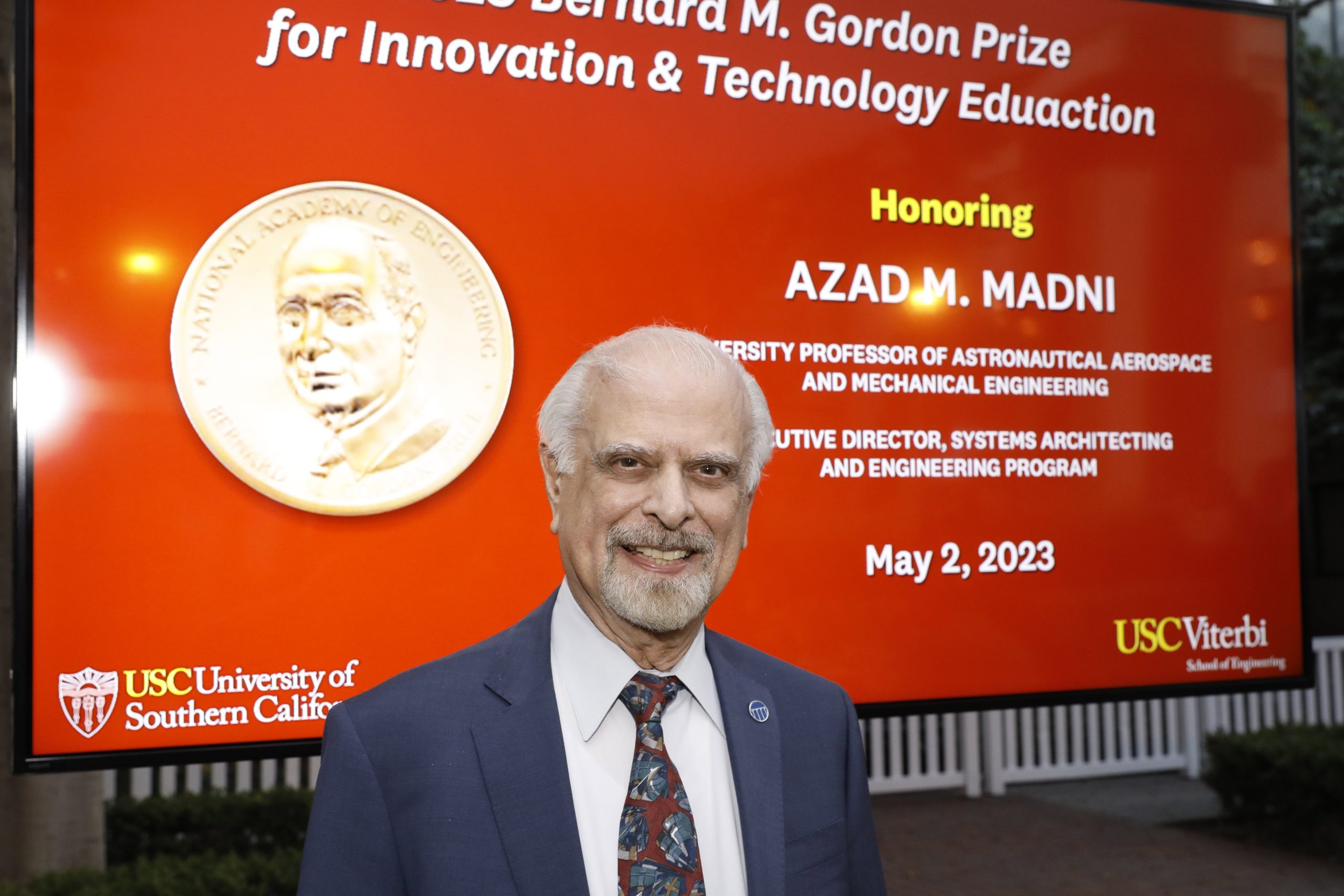
Amazing she is…..